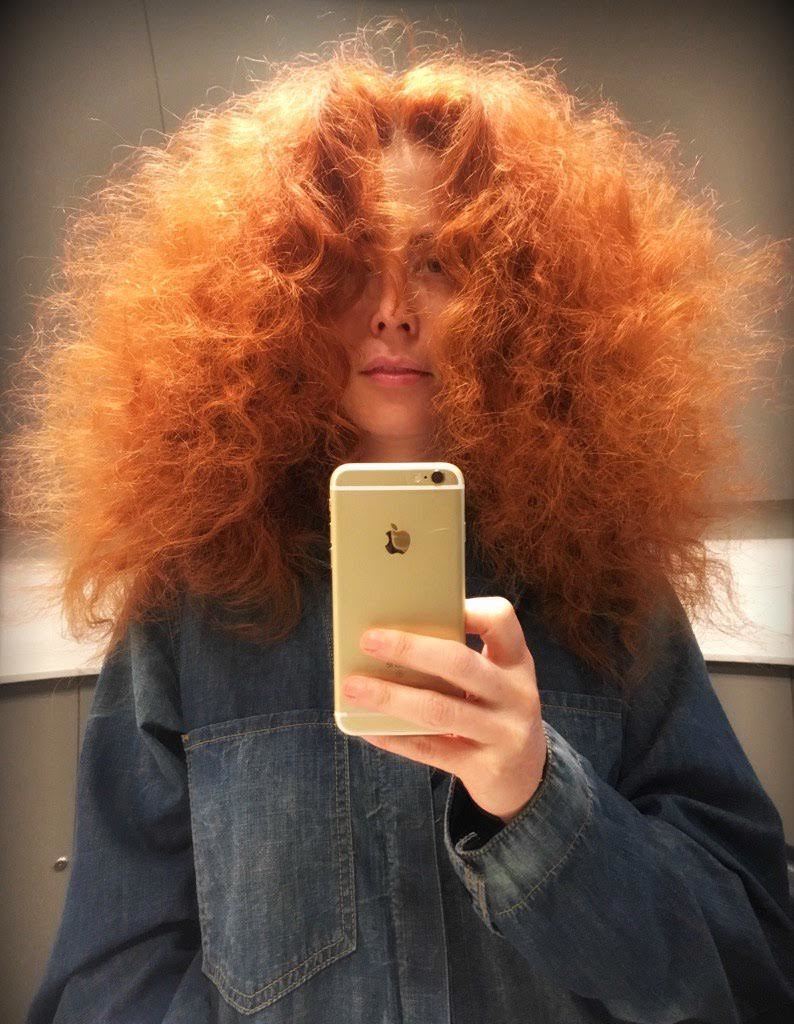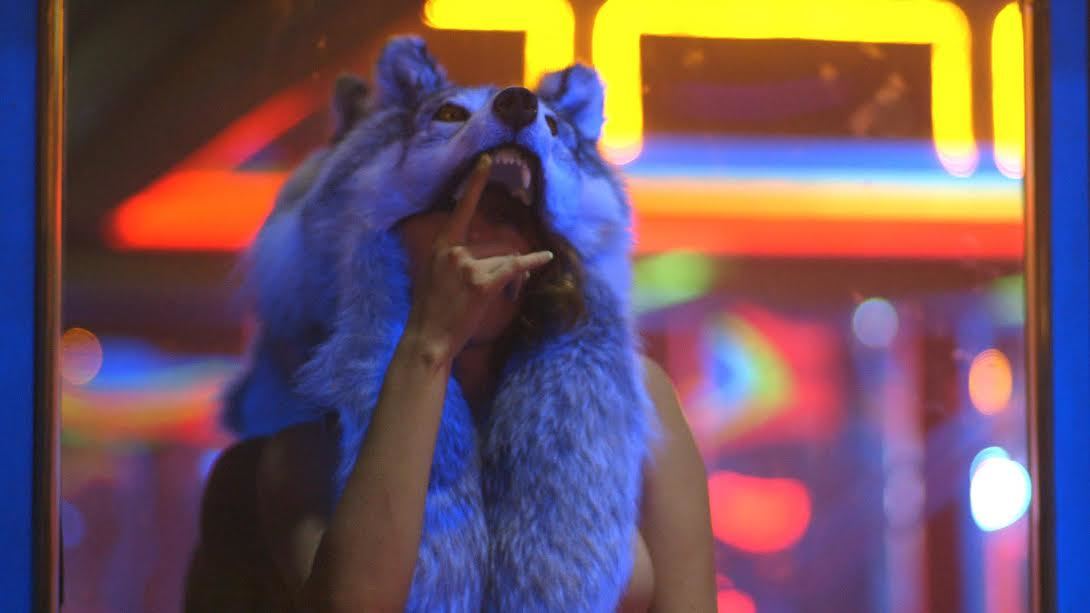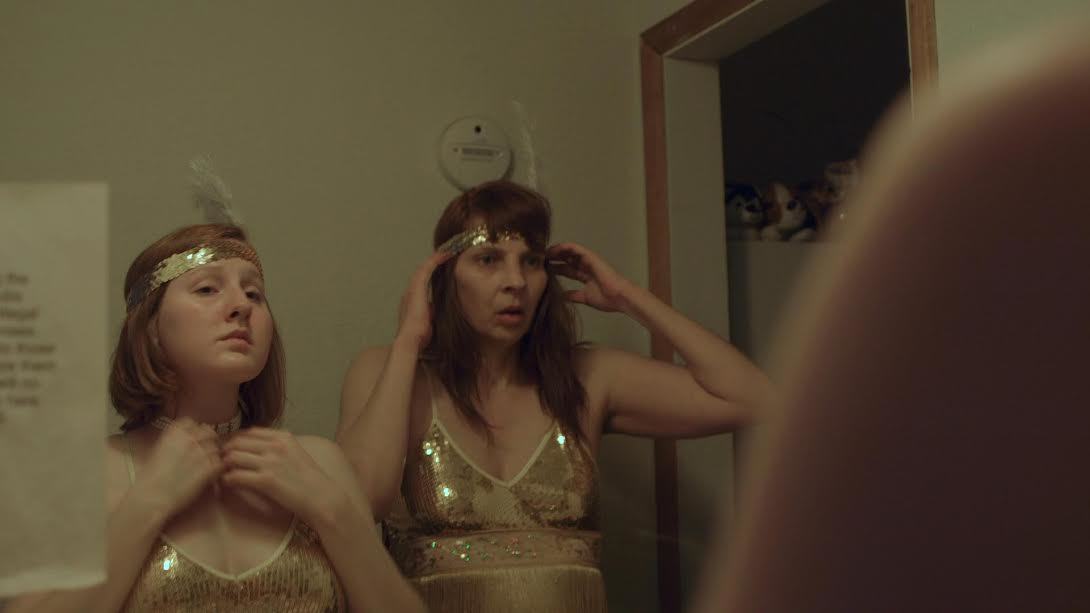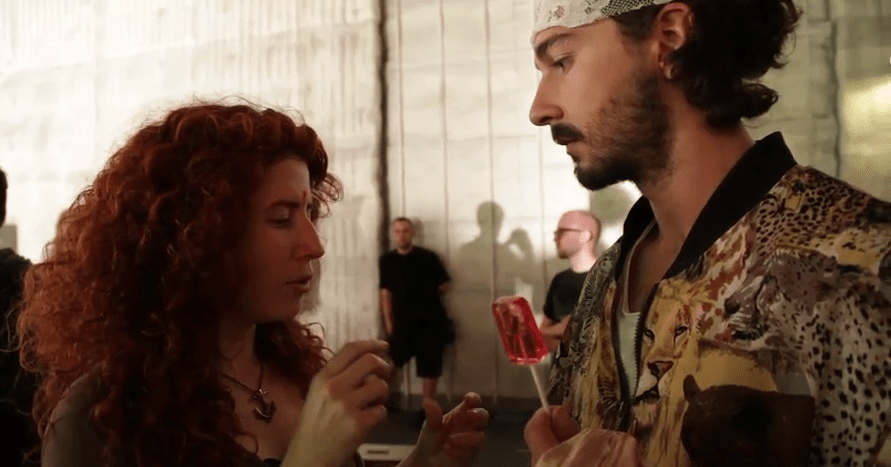Energized by personal heartbreak, director Alma Har’el set out to translate the feelings from her exhausting divorce while making sense of her personal life through listening to others. In the process, she ended up making a poetic piece of film that shares their unique stories. Working impossible hours with a skeleton crew, Alma shot the film, Lovetrue, herself and only traveled with her producer. She teased intimate facts and feelings from her subjects, who lived in three states across United States, over the course of four years.
The result is a rich tapestry of deep and revealing human stories. The tales are woven together with dramatized fantasy sequences scored by Flying Lotus. The project was executive produced by Shia LeBoeuf, who contacted Alma after seeing her first film, Bombay Beach, which won the Best Documentary Feature prize at the 2011 Tribeca Film Festival.
Her follow-up film blends documentary, fantasy and therapy; it spans the past, present, and the imagined futures of her subjects: stripper Blake, surfer Coconut Willie, and singer/songwriter Victory. Using a mix of real-life characters and actors to depict these subjects’s potential futures, the film explores the complicated nexus of love in all its forms, providing particularly moving scenes when the subjects meet their actors. We caught up with the Israeli-born director to talk about love, loss, and the advantages of being a female director in her new film.

What makes you want to tell other people’s stories?
They help me understand life and time. They take away my own sadness and put things in perspective. It’s my way of giving something back to the world and to lost kindred spirits. There’s a certain freedom you reach when you own your story, and I love helping people tell theirs. It’s also therapeutic and liberating because every time you tell someone else’s story, you understand yourself better.
LoveTrue is a unique film, unlike a lot of other documentaries out there.What was your film education like?
Maybe because I never went to film school and hardly graduated high school — my education is my imagination, dreaming at night, going to therapy and on weird spiritual adventures, traveling. I would say that learning to hold on to freedom, empathy, and my imagination while accepting the violent nature of the world is harder to learn than film.
On a more practical level, of course, I was always watching films, some theatre, dance, and music videos. I took a short foundation course in London once because that’s all I could afford. It was at Lambeth College and it was for unemployed youngsters. It was a good group of people from every creed with challenging lives. I’m happy I studied with them and not in some fancy film school. I learned editing in a few months and left. I believe that was my only official education.

Being a female director has its challenges. What would you consider the advantages of your gender in the work that you do?
A high level of empathy, an emotional imagination that isn’t detached from life, and an ability to adjust quickly to situations and people that make you uncomfortable. Women also have insight into men that many men don’t have. They get to see a side of men that men don’t show each other. If more women directed film, there would be a lot more interesting depictions of men and women. Right now, we’re kind of saturated with the male gaze on everything, but it’s changing slowly.
There must have been quite a sense of relief when the film was finally finished considering the length of the production process. What was the most cathartic aspect of this project?
I feel like I had 20 cathartic moments. Every time I would get in my feels and think I’m having a final catharsis, something bigger would happen and hijack the release. Watching it in Tribeca with the subjects of the film, Shia, and Flying Lotus left me crying. Also what happened with Victory, who I discovered for the first time singing in Central Park and in the Subway. My friend Jeymes Samuel saw her in my film and sent it to Jay Z, who he worked with on the soundtrack for The Great Gatsby. She met with Jay Z in NY and then I flew her to perform in LA at this beautiful music saloon Jeymes did. Quincy Jones and Jay Z were there and the whole room stood still when she started singing. After that, she got signed to Roc Nation and she’s now working on her first album together with her father John who also co-manages her. The deep cathartic stuff happened internally over the course of making this film. A lot of questions about love and a lot of pain from over the years got resolved. I also broke my back while making it and was in a back brace for seven months, so getting out of that felt pretty, pretty, pretty cathartic!

Was casting your subjects quite an intuitive process? How did it differ to the casting of the actors who play their older/younger counterparts?
Casting the subjects was a matter of searching for people who have the ability to dive into something incredibly intense and remain genuine. People who have a romantic soul — but not in the Valentine’s card way — in the real way of appreciating a giving heart, and wanting to understand the secrets of life. The older and younger selves were very different in each story. What was important with them is that they can identify with the people they were playing. That they can benefit personally from understanding them.
After knowing your subjects for such an amount of time, do you feel like you helped them through their heartbreaks as much as they helped you?
I do, yeah. I’m not sure if they agree, or if they just say it cause they don’t want to hurt my feelings, but I think the film helped all of us.
What parallels did you find in all of the stories?
The confusion and pain created by our need for love and the possibility to learn about our strength by dealing with it.
Can you tell us about the use of psychodrama in the film?
Psychodrama is what they call an action method. It’s used as psychotherapy and was developed by Jacob L. Moreno. Imagine that instead of sitting with your therapist and talking about your problems, you had a stage and a group of people who will act out in present time — real life situations that bother you or inner mental fears and dreams of yours. By doing it, the patient who is the protagonist can understand his life or his memories better and the people who play the other parts can also reflect about their own lives. I’ve done it a few times and wanted to use these techniques in the film.
I didn’t tell the people in the film what to say or scripted anything. It’s their own memories that they relive. Instead of doing a dead recreation, the memories are open to interpretation and can change thanks to the ability to interact in real time and improvise with the people in them. I found it to be an interesting way to examine the subconscious and how we create personal mythologies.
There are a lot of interesting extra elements to the film, including a hypnotic and moving score by Flying Lotus, and an executive producer role from Shia Lebeouf. How did both relationships come about? And how did they shape the final piece?
Shia just walked into my life after picking up my first film Bombay Beach at Ameoba Records. He watched it and then contacted me. We made a music video for Sigur Ros together that was one of those deep experiences so we wanted to keep working together. When I couldn’t get financing for LoveTrue, he stepped in like a Robin Hood and saved the film. Bless him. Flying Lotus has always been someone I wanted to work with and he got involved later on after I tracked him down in L.A. He’s a filmmaker himself so it was a trip working with him. I pretty much used every piece he wrote for the film. We’re going to do a soundtrack too with his and Victory’s music from the film.
What else is next for you? Do you intend to collaborate with more artists?
Going to bend a few more genres, hopefully.
LoveTrue is released in the UK on February 10, 2017 via B-Reel Films and Dogwoof.
Credits
Text Tom Ivin
